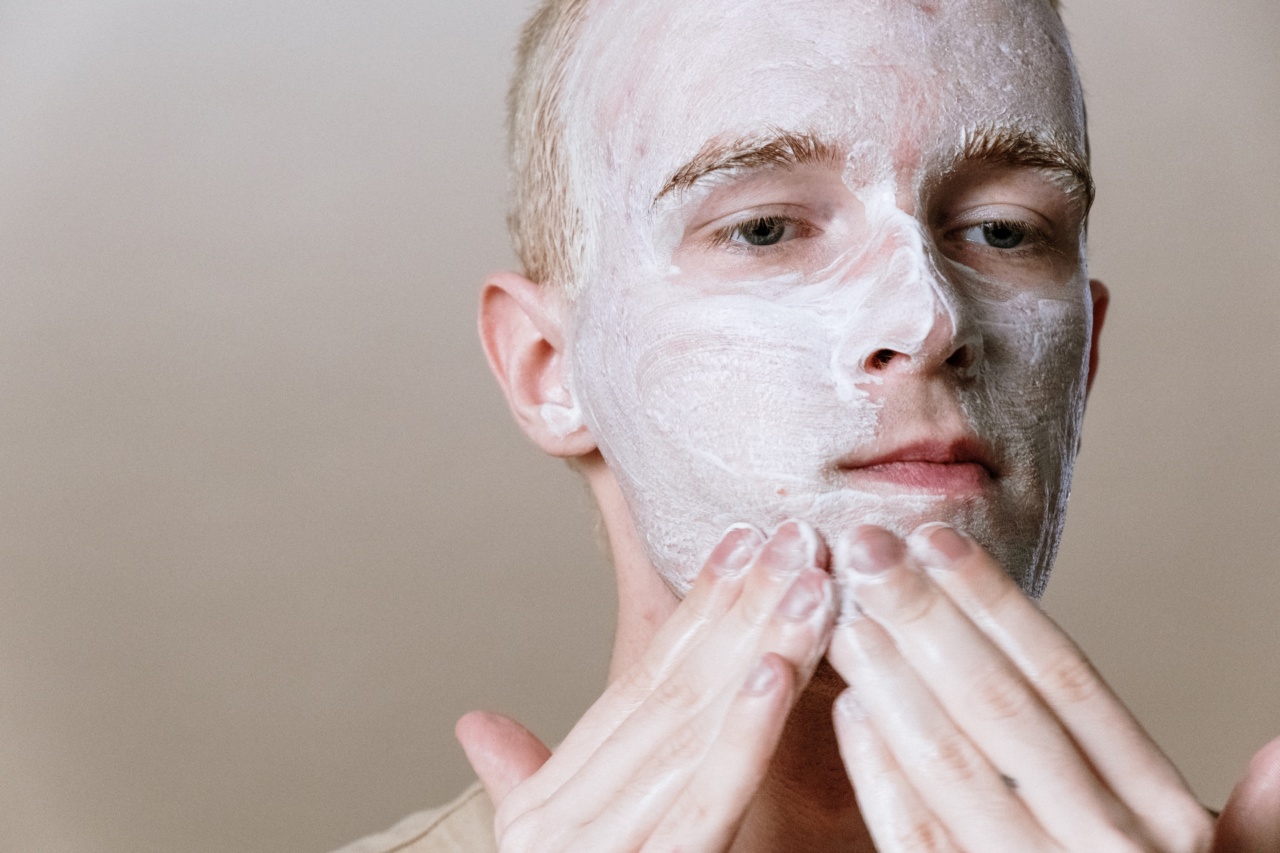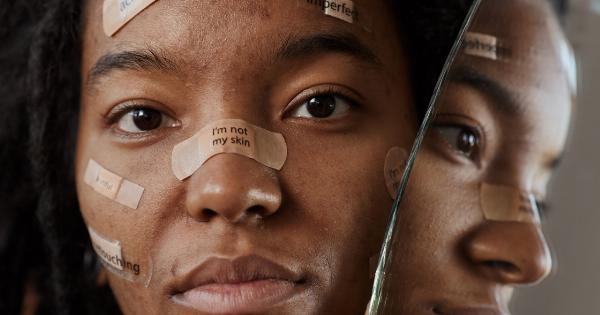Acne is a common skin condition that affects millions of people worldwide. It can be frustrating and sometimes even embarrassing to deal with, especially when it appears on your face.
While there are various factors that can contribute to acne, certain culprits are more likely to play a significant role in its development. Understanding these culprits can help you take proactive steps to manage and prevent acne breakouts. In this article, we will explore the seven most likely culprits causing acne on your face.
Hormonal Imbalance
Hormonal imbalances, especially during puberty, can lead to the overproduction of sebum – the oily substance that can clog your pores and result in acne.
Hormonal fluctuations can also occur during menstrual cycles or due to conditions like polycystic ovary syndrome (PCOS). These hormonal changes trigger increased oil production and can contribute to the development of acne on the face.
Poor Facial Hygiene
Not cleansing your face properly or frequently enough can lead to the accumulation of dirt, oil, and impurities on your skin. These substances, coupled with dead skin cells, can clog your pores and lead to the formation of acne.
It is important to establish a daily skincare routine that includes cleansing, exfoliating, and moisturizing to keep your face clean and free from acne-causing debris.
Dietary Factors
While the relationship between diet and acne is still being investigated, certain foods have been associated with an increased likelihood of developing acne.
Foods high in refined sugars, unhealthy fats, and dairy products with hormones can disrupt your body’s natural balance and promote inflammation, potentially triggering acne breakouts on your face.
Stress
Stress has long been linked to various health issues, including acne. When you are stressed, your body produces higher levels of stress hormones like cortisol.
These hormones can stimulate the oil glands in your skin to produce more oil, which can contribute to the development of acne. Additionally, stress can weaken your immune system, making it harder for your body to fight off acne-causing bacteria.
Makeup and Skincare Products
Makeup and skincare products, while designed to enhance your appearance, can sometimes worsen acne breakouts. Certain makeup formulations can clog your pores, leading to the formation of blackheads, whiteheads, and pimples.
Similarly, some skincare products might contain comedogenic ingredients that are known to contribute to acne flare-ups. Always choose non-comedogenic and oil-free products to minimize the risk of aggravating acne on your face.
Pore-Clogging Hair Products
Many hair products, such as gels, pomades, and certain conditioners, contain ingredients that can transfer onto your face and clog your pores.
When such products come into contact with your skin, the oils and chemicals can irritate your pores, leading to breakouts. Be mindful of the products you use on your hair and try to keep them from coming into direct contact with your facial skin.
Genetics
Genetics can also play a significant role in determining your susceptibility to acne. If your parents or close relatives have experienced acne, you are more likely to develop it as well.
Genetic factors can influence the way your skin reacts to hormonal changes, inflammation, and bacterial colonization, making you prone to acne breakouts on your face.
Understanding these seven culprits causing acne on your face can empower you to take appropriate measures to manage and prevent future breakouts.
While it may not be possible to completely eliminate all contributing factors, adopting a consistent skincare routine, maintaining a balanced diet, managing stress levels, and choosing the right products can go a long way in minimizing acne and promoting clear skin.






























